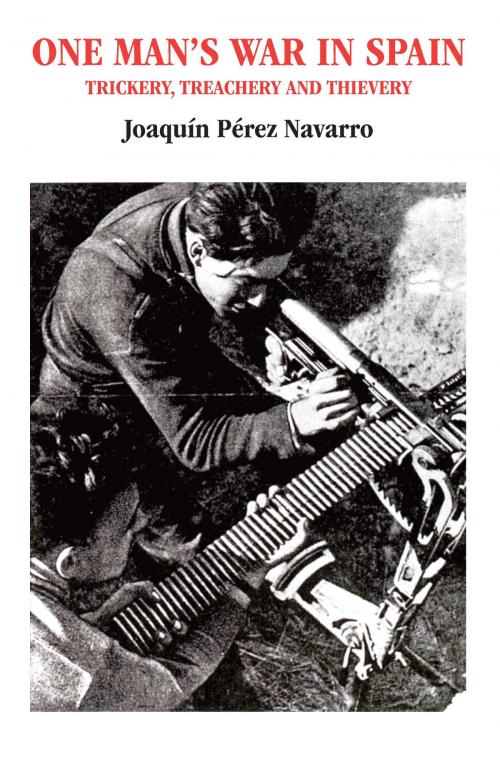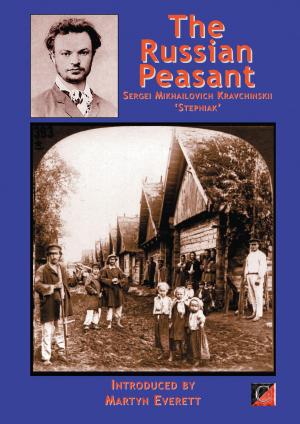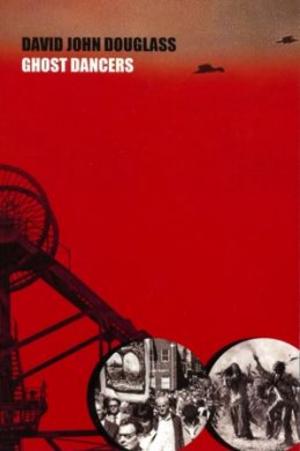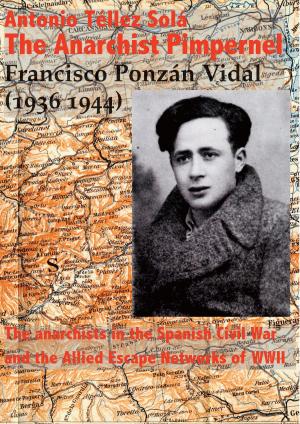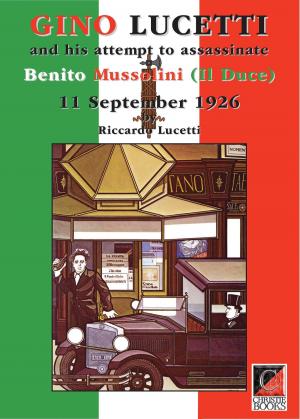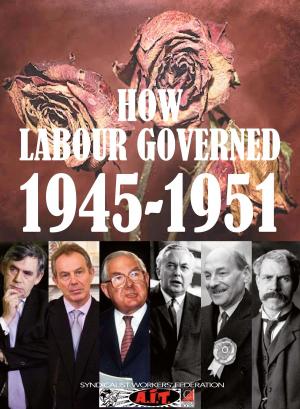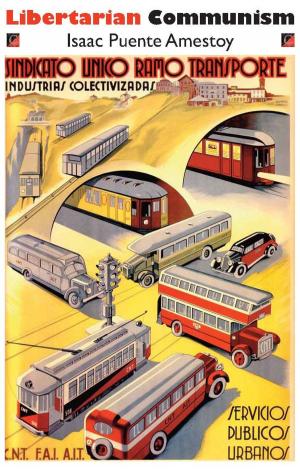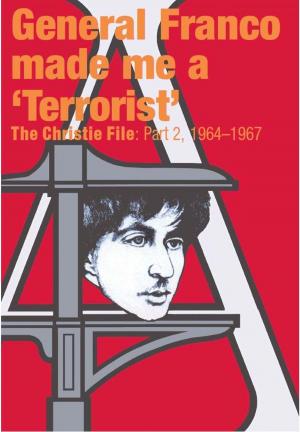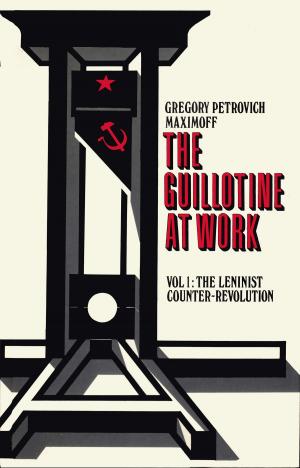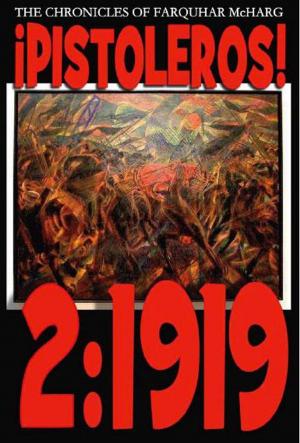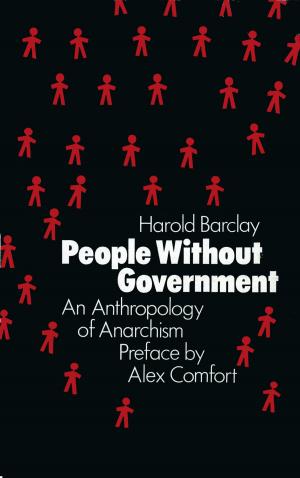One Man's War in Spain
Trickery, Treachery and Thievery
Nonfiction, History, Revolutionary, Spain & Portugal, Biography & Memoir, Political| Author: | Joaquín Pérez Navarro | ISBN: | 1230000272591 |
| Publisher: | ChristieBooks | Publication: | October 7, 2014 |
| Imprint: | ChristieBooks | Language: | English |
| Author: | Joaquín Pérez Navarro |
| ISBN: | 1230000272591 |
| Publisher: | ChristieBooks |
| Publication: | October 7, 2014 |
| Imprint: | ChristieBooks |
| Language: | English |
The collected memoirs and documents in this book, penned or preserved by the author with such belief and ideological conviction over so very many years of effort, can be described as a masterwork. Without euphemism or any other sort of circumlocution, they bluntly set out facts that will come as a revelation to anyone who knows only the accounts sympathetic to those who had a hand in the loss of the Revolution and War in 1936–39 – works indeed often written by counter-revolutionaries themselves to conceal the malicious intent that they so cravenly pursued. The revolutionary structures of the anarcho-syndicalist and anarchist movement were undermined to their very roots by all its foes without and within, by Bolsheviks in particular and by the cohorts of the state in general.
As we read through these memoirs and documents, every line is heartrending. We learn of the treachery and criminality enacted by the supporters of collaboration against those who flatly opposed it at a time when the winning of the War by defeating Francoism ought to have been the sole priority.
The author, his claims based on verifiable evidence, has tales to tell us that are nevertheless hard to credit. Such is the impact of those claims that we wonder how the Spanish Libertarian Movement could have countenanced such kow-towing to the Communist Party, the presence of communists in government and the slogans issuing from those occupying the highest positions in the FAI and the CNT.
With conclusive proof and plain, open-minded reasoning, Joaquín Pérez lifts the veil on the farcical performance of those who ran the War. Citing details and supporting documentation, Joaquín Pérez is unforgiving of any one of these murderous clowns, placing all of them under the microscope and exposing their anti-revolutionary exploits. Detailing where and how the arms- and munition-purchasing deals were made, he boldly assigns the blame for arms purchases that never reached loyalist Spain and names those – such as Negrín and his lackeys – who pocketed the money and built up fortunes in foreign banks.
One Man’s War is a documentation of the Spanish people’s revolutionary history in 1936–39, that part which was not squandered. Rather it should help – tomorrow or in the near future – to prevent upcoming generations from being taken for a ride and show them how to see to it that a worthwhile Social Revolution does not come to grief and can properly succeed. The book is also an account of the survival of one man’s hope, in his daughter’s words, “that his fellow men would learn to respect one another”.
The collected memoirs and documents in this book, penned or preserved by the author with such belief and ideological conviction over so very many years of effort, can be described as a masterwork. Without euphemism or any other sort of circumlocution, they bluntly set out facts that will come as a revelation to anyone who knows only the accounts sympathetic to those who had a hand in the loss of the Revolution and War in 1936–39 – works indeed often written by counter-revolutionaries themselves to conceal the malicious intent that they so cravenly pursued. The revolutionary structures of the anarcho-syndicalist and anarchist movement were undermined to their very roots by all its foes without and within, by Bolsheviks in particular and by the cohorts of the state in general.
As we read through these memoirs and documents, every line is heartrending. We learn of the treachery and criminality enacted by the supporters of collaboration against those who flatly opposed it at a time when the winning of the War by defeating Francoism ought to have been the sole priority.
The author, his claims based on verifiable evidence, has tales to tell us that are nevertheless hard to credit. Such is the impact of those claims that we wonder how the Spanish Libertarian Movement could have countenanced such kow-towing to the Communist Party, the presence of communists in government and the slogans issuing from those occupying the highest positions in the FAI and the CNT.
With conclusive proof and plain, open-minded reasoning, Joaquín Pérez lifts the veil on the farcical performance of those who ran the War. Citing details and supporting documentation, Joaquín Pérez is unforgiving of any one of these murderous clowns, placing all of them under the microscope and exposing their anti-revolutionary exploits. Detailing where and how the arms- and munition-purchasing deals were made, he boldly assigns the blame for arms purchases that never reached loyalist Spain and names those – such as Negrín and his lackeys – who pocketed the money and built up fortunes in foreign banks.
One Man’s War is a documentation of the Spanish people’s revolutionary history in 1936–39, that part which was not squandered. Rather it should help – tomorrow or in the near future – to prevent upcoming generations from being taken for a ride and show them how to see to it that a worthwhile Social Revolution does not come to grief and can properly succeed. The book is also an account of the survival of one man’s hope, in his daughter’s words, “that his fellow men would learn to respect one another”.
